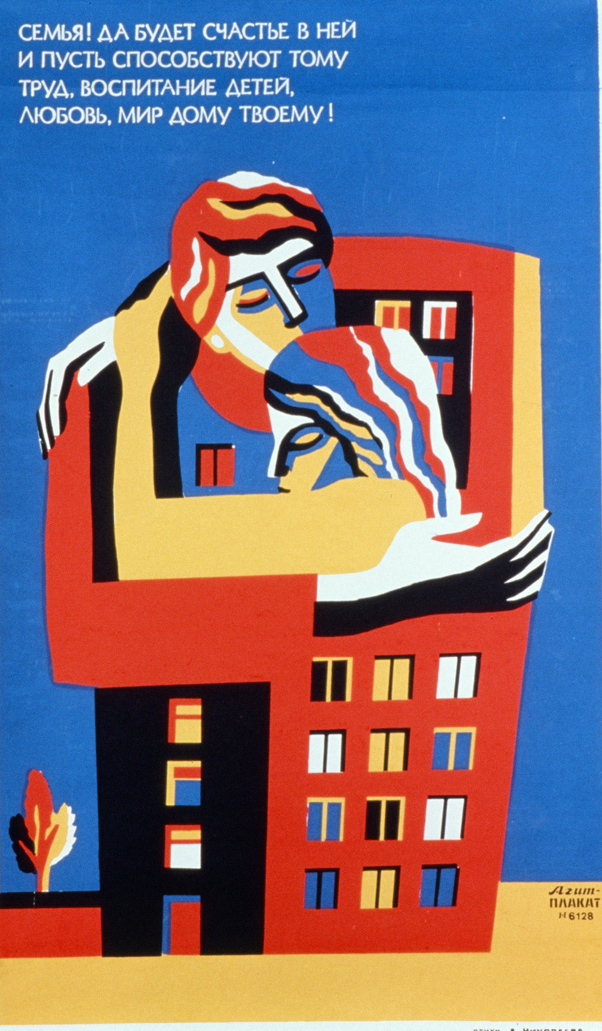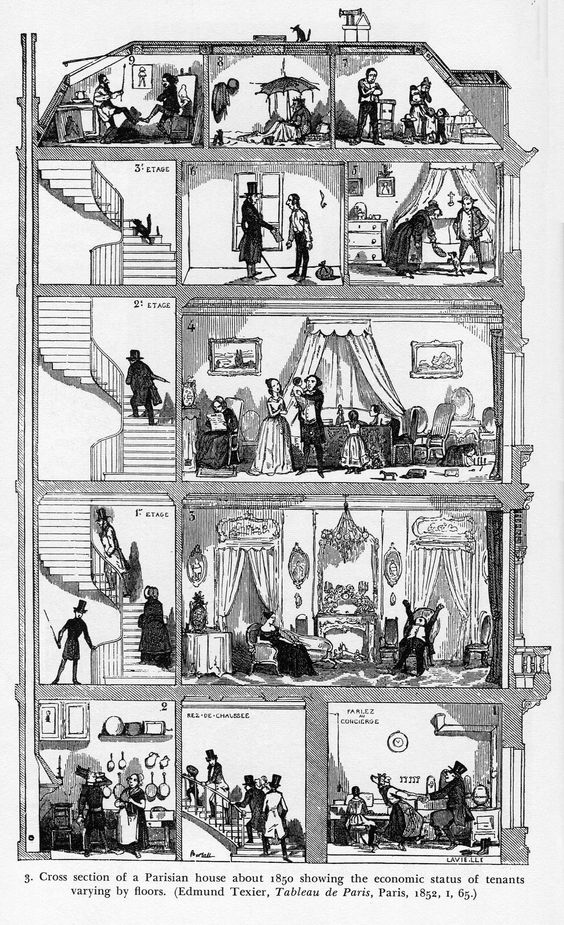-
We are an organization run by and for our members. We are not under the direction of paid staff, board of directors, or state agencies, and we are funded primarily by our members rather than by grants or major donors.
-
We define a tenant as anyone who does not have control over their housing. For us, “tenants” includes unhoused tenants, tenants who are squatting, tenants inside the carceral punishment system, tenants in nursing homes, in university housing, and in state institutions.
-
We fight for tenants, not for housing. We recognize that this is a crisis of tenancy, a crisis of our place in the overall system of social reproduction. Calling this a housing crisis benefits those who design, build, and profit from housing, not the people who live in it. Tenants are full political subjects who will not be liberated by secure housing alone.
-
We are not a service organization; we are a movement organization. As such we practice and build solidarity ー not charity ー across buildings, neighborhoods, borders, and language barriers.

-
We assert that the interests of landlords and tenants are fundamentally irreconcilable, and we reject any policy that attempts to paper over this conflict. While we do not rule out on principle the possibility of temporary truces and agreements between landlord and tenant, we advocate for a strategy of class struggle. Our overall political orientation consists of opposing strategies that encourage collaboration between class enemies.
-
We fight gentrification so that tenants can remain in their longtime communities and support networks. We define gentrification as “the displacement and replacement of the poor for profit,” and we understand that it is purposeful and produced. Because Black and brown communities are specifically targeted for displacement, we view the fight against gentrification as one component of the larger struggle against systemic racism. Those who benefit from gentrification, including landlords, developers, and lenders, and those who manage it, including the police and politicians, are highly organized and need to be met with an organized, militant tenant movement.
-
We stand in solidarity with tenants in struggle around the world. We insist that tenants share interests across borders and we seek to build tenant power accordingly. We strive to adhere to an internationalist and anti-imperialist orientation in words and deeds.
-
We support demands for Land Back by Indigenous peoples. Indigenous communities are some of the most deeply affected by the tenant crisis. The system of capitalism and private land ownership in “North America” is dependent on the ongoing theft of Indigenous lands and genocide of Indigenous peoples. Indigenous communities bring cultural knowledge necessary to our movement regarding kinship, community, and our relationship to land and place.

-
We support demands for reparations for descendants of enslaved Black people. We recognize that slavery and ensuing racist practices across centuries shape the conditions that tenants experience in the present.
-
We support fighting for anti-discrimination in housing practices for those who identify as LGBTQIA2S+.
-
We are committed to language justice and aspire to create fully language-accessible spaces. We believe everyone has the right to understand and be understood in the language in which they are most comfortable and that language justice is everyone’s responsibility.
-
We organize democratically and we are committed to fighting oppressive behavior and systems in and outside our ranks. We seek a membership and leadership that reflects the people most impacted by the crisis. We are engaged in an active struggle against the forces of systemic oppression within our communities which restrict access to resources, education, healthcare, and housing for marginalized groups of people. Within our unions we commit to learning how to deconstruct oppression and oppressive ways of working. We are bringing tenants together across lines of race, class, gender, gender identity, orientation, ability, age, etc.
-
We recognize the specific harm that landlords do against disabled tenants. The contemporary concept of disability is one of the most insidious silent mechanisms of capitalist control. Disability exists as a filter to separate the “productive” from the “unproductive”, the deserving from undeserving. This includes physical, cognitive, intellectual, neurodivergent, or any other impairment-related condition. This applies to you even if the state doesn’t categorize you as having a disability. Those deemed disabled are left at the mercy of capricious functionaries and self-serving capitalists to decide whether they are worthy of things like accommodation, income, privacy, independence, and housing. The material needs of disabled tenants (such as service animals, or accessibility modifications) offer landlords a form of discrimination and a tool of intimidation not available to them with other tenants. For example, landlords often remove reasonable accommodations or outright refuse to implement them with no reason given. The needs of disabled tenants are legitimate. We strive to make TCSD an accessible organization to all tenants, regardless of any potential impairment.
